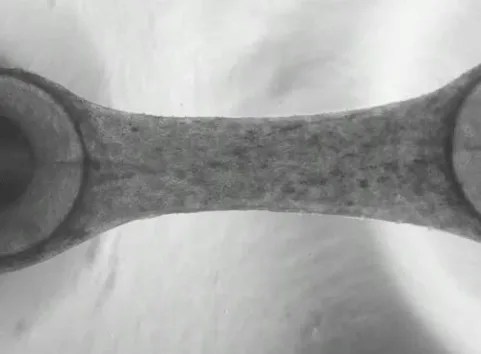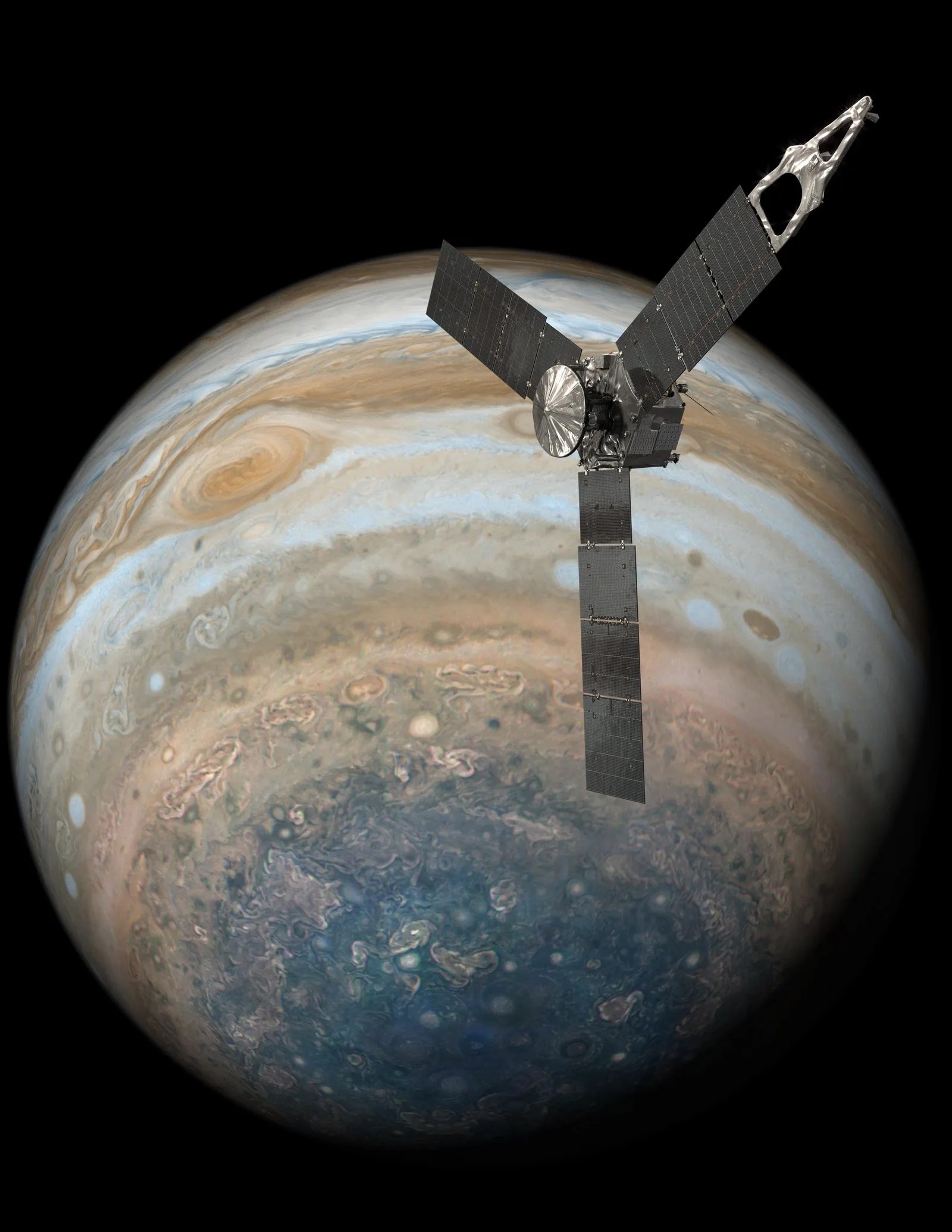Assessing Long-Term Effects of Radiation Exposure in Engineered Heart & Vascular Tissues
Science Objectives
Space radiation is one of the greatest health threats for space exploration, and exposure to ionizing radiation can cause serious heart diseases. The investigation, “Assessing Long-Term Effects of Radiation Exposure in Engineered Heart & Vascular Tissues,” aims to understand how and why space radiation exposure causes human disease by using heart and blood vessel-like tissues created with stem cell biology and tissue engineering technology. The results from this investigation will provide better insight into the causes of radiation-induced heart disease (RIHD) which can potentially lead to drug development to counter RIHD.

Experiment Description
A conventional risk assessment for radiation-induced degenerative effects is restricted to irradiation experiments on animal models or immortalized cell lines which lack the genetic diversity often found in the human population. The goal of this investigation is to establish the engineered heart-like and vessel-like tissues from human iPSC and to characterize functional and molecular changes after irradiation.
Space Applications
Space radiation is one of the greatest health threats for space exploration. Results from this investigation will improve our understanding of heart disease caused by space radiation exposure. Interventions can be developed once the details are understood.
Earth Applications
Cancer patients that have undergone radiation therapy and nuclear power plant workers are prone to radiation induced heart disease. This investigation will improve our understanding of heart disease caused by radiation exposure. Interventions can be developed once the details are understood.
Team
Principal Investigator
Joseph C. Wu, MD, PhD
Stanford University, Stanford, California, United States
Co-Investigators
Peter W. Grabham, PhD
Columbia University, New York, New York, United States
Everett Moding, MD, PhD
Stanford University, Stanford, California, United States
Afshin Beheshti, PhD
NASA Ames Research Center, Moffett Field, California, United States
Wing Wong, PhD
Stanford University, Stanford, California, United States




